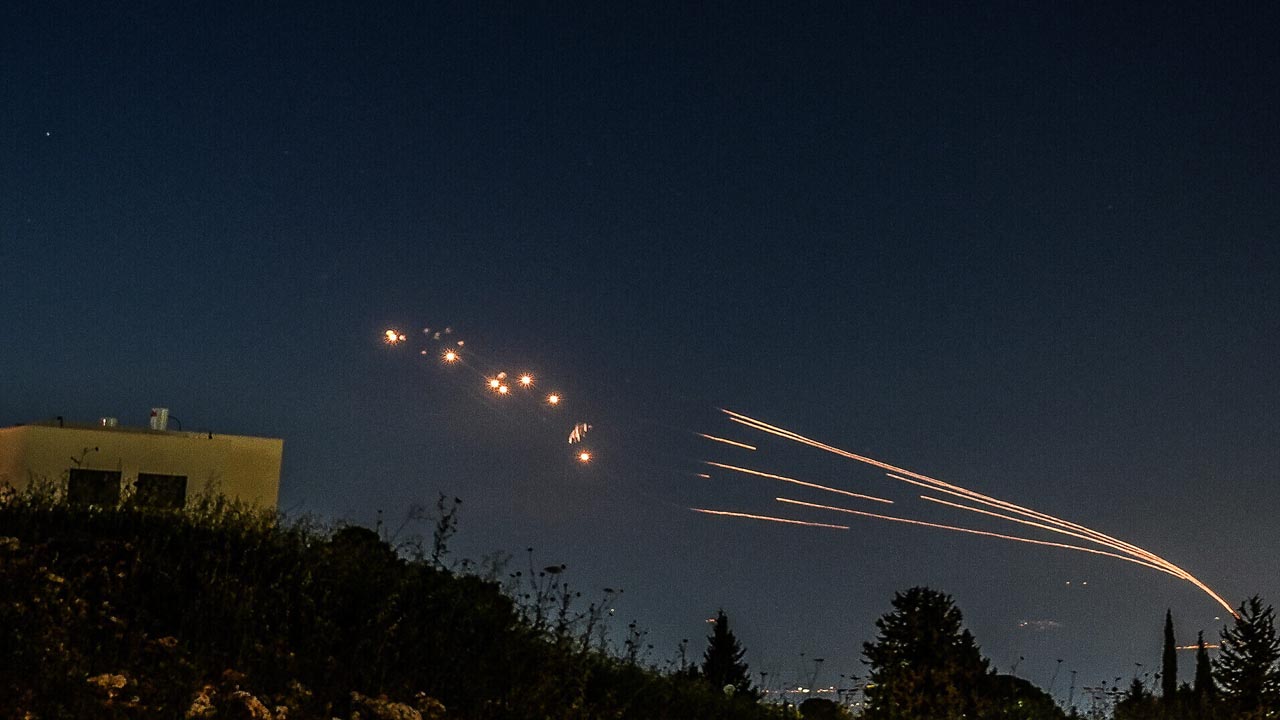Over 200 Rockets Fired in Response to Commander’s Killing
On Thursday, Hezbollah launched an extensive airstrike on Israel, firing more than 200 rockets at several military bases. This act was in retaliation for the killing of Mohammad Naameh Nasser, a senior commander of the Lebanese militant group. This strike marks one of the most significant escalations in the ongoing conflict between Lebanon and Israel, intensifying the already tense situation along their border.
Background of the Conflict
Hezbollah, an Iran-backed militant organization, has been in conflict with Israel for months, with recent weeks seeing a marked increase in hostilities. The group acknowledged the death of Nasser, who headed one of its key regional divisions in southern Lebanon, just a day before the rocket attacks. In response, Hezbollah launched a barrage of Katyusha and Falaq rockets into northern Israel and the occupied Syrian Golan Heights. The group also deployed explosive drones targeting several Israeli bases.
International Concerns
The international community, including the United States and France, is concerned that the skirmishes could escalate into a full-scale war, potentially spreading across the region. The conflict began shortly after the outbreak of war in Gaza, with Hezbollah expressing solidarity with Hamas, another Iran-aligned group responsible for igniting the Gaza conflict with an attack on October 7. Hezbollah has indicated that its attacks will cease only if a ceasefire is established in Gaza, though it asserts readiness for an extended conflict if necessary.
Potential for War
The situation remains volatile, with Israeli officials suggesting that a war with Lebanon could be on the horizon if diplomatic efforts fail. This statement followed a meeting between US Presidential Adviser Amos Hochstein and French President Emmanuel Macron’s Lebanon envoy, Jean-Yves Le Drian, in Paris. The conflict has already caused significant displacement, with tens of thousands of people forced to flee on both sides of the border. In northern Israel, casualties include 16 soldiers and 11 civilians, while Lebanon has seen over 450 deaths, mostly fighters, but also dozens of civilians.
Hezbollah’s Arsenal and Historical Context
Israel regards Hezbollah as its most immediate threat, estimating that the group possesses an arsenal of 150,000 rockets and missiles, including precision-guided variants. The current conflict harks back to the 2006 war between Israel and Hezbollah, which lasted a month and ended in a stalemate. The specter of a renewed and potentially more devastating conflict looms large as both sides prepare for what could be a significant escalation.
(With inputs from agencies)








